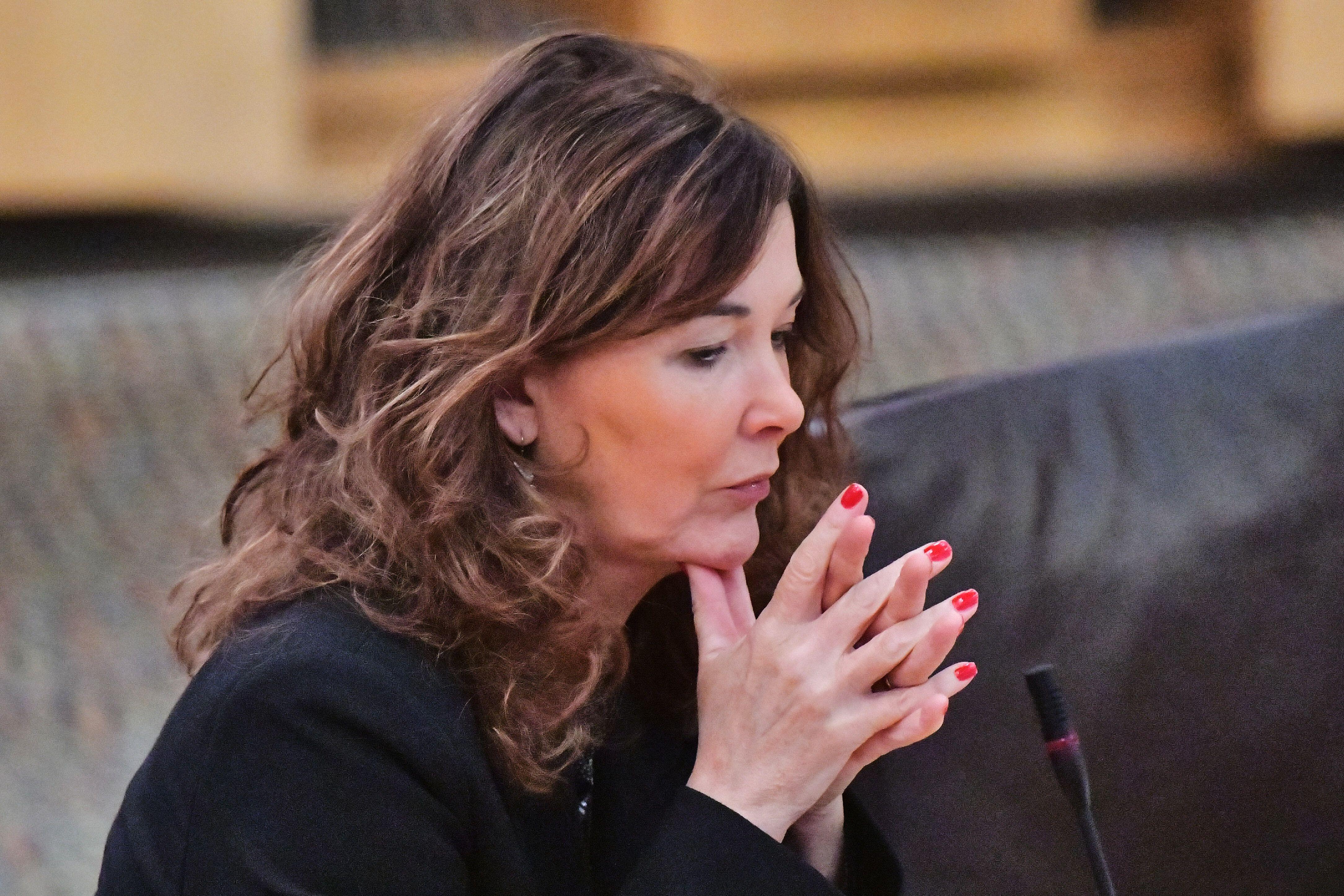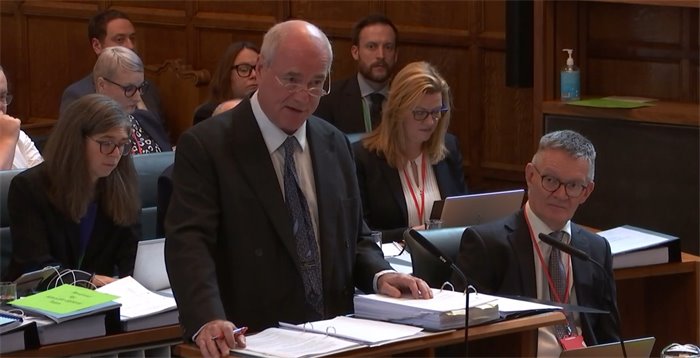Supreme Court: Where next on the road to possible independence?
The Lord Advocate delivered one of the biggest stories of 2022 when she asked the UK Supreme Court to consider whether the Scottish Government can hold another independence referendum without Westminster’s say-so.
While the court ruled in November that it cannot, the story is far from over, with the SNP continuing to make independence a priority. Given the ruling, what options are now open to it?
What was the Supreme Court case about?
First Minister Nicola Sturgeon announced in June that she wanted to hold a second independence referendum in October next year.
While it was widely accepted that she could only do that if the UK Government granted a Section 30 order – a piece of legislation that temporarily transfers powers from Westminster to Holyrood – then Prime Minister Boris Johnson repeatedly refused to grant one.
Sturgeon remained undeterred, and said that if a Section 30 Order was not granted the Scottish Government would legislate to hold a vote without one.
 Dorothy Bain KC
Dorothy Bain KC
Lord Advocate Dorothy Bain KC, who is both head of Scotland’s prosecution service and the Scottish Government’s chief legal adviser, said she could not be clear on whether it would be lawful for Sturgeon to proceed with that plan. As a matter of constitutional law, she asked the UK Supreme Court to provide clarity on whether referendums are a reserved or devolved responsibility.
Who were the parties involved?
Bain represented the Scottish Government when the matter went before the Supreme Court justices, with her written case posing the question: “Does the provision of the proposed Scottish Independence Referendum Bill that provides that the question to be asked in a referendum would be 'Should Scotland be an independent country?' relate to reserved matters?”
The UK Government’s case was written by Advocate General for Scotland Lord Stewart, who had initially attempted to have the matter thrown out, arguing that the court should consider only whether it should accept Bain’s reference rather than looking at the substance of the question itself. The case was argued on the government’s behalf by Treasury Devil Sir James Eadie KC.
The SNP also participated in the case as an intervener, with the party’s business convener Kirsten Oswald noting that its arguments were “intended to support and complement the arguments for the bill being within the Scottish Parliament’s competence”. The party, which was only permitted to provide written evidence, was advised by Claire Mitchell QC, whose other high-profile cases include acting for Catalonian politician Clara Ponsati when she successfully fought extradition to Spain.
What happened in court?
The hearing before five justices took place in October. On the first day of proceedings Bain dismissed the UK Government’s position that she had no authority to ask the court for a ruling due to her question relating to legislation – a referendum bill – that has not yet been introduced.
She noted that it is “less than ideal that this court is being asked to decide on a bill that has not yet been introduced”, but said the “circumstances of the present case are highly exceptional”.
Bain said a “concrete legal issue has crystalised” in terms of whether the Scottish Government has the right to introduce a referendum bill and so it is “not premature” to ask the court to decide whether such matters are considered devolved or reserved from a legal standpoint.
“The answer will have a concrete effect,” she said. “It will determine whether the draft bill is introduced to parliament or not.”
 Sir James Eadie KC
Sir James Eadie KC
On the second day Eadie duly dismissed Bain’s arguments, telling the court the only reason the case had been brought was that Sturgeon had not liked Bain’s advice on her proposed referendum plan.
The judges – Scots law expert Lord Reed; English members Lord Sales and Lady Rose; Lord Lloyd-Jones, who has a background in the Welsh court system; and Lord Stephens, who was previously a judge in Northern Ireland – determined the case in super-fast time, ruling in November that while Bain did have the right to refer the matter to them the Scottish Government does not have the right to legislate for another independence vote.
It was revealed earlier this month that the Scottish Government spent close to £250,000 fighting the case.
What happens now?
Although Sturgeon initially slammed the decision for denying Scottish people the right to decide their own future, the SNP has been quick to put a positive spin on the judgment. This has been helped in no small part by numerous polls showing that support for independence has increased since the ruling was handed down.
With the road to an actual referendum reaching a dead-end, the SNP is now pursuing its stated alternative, to turn the next election into a de facto referendum instead. Quite what that will mean in practice remains to be seen, although the party plans to plot its way forward on 19 March, when it will hold a special conference it says will give the opportunity to set out a "clear pathway" on Scotland's constitutional future.
Whichever road it chooses to go down, with plans for a straightforward vote out the window, the key challenge the SNP is now going to face is convincing everyone else its de facto plan should be considered to be a binding one.
Holyrood Newsletters
Holyrood provides comprehensive coverage of Scottish politics, offering award-winning reporting and analysis: Subscribe